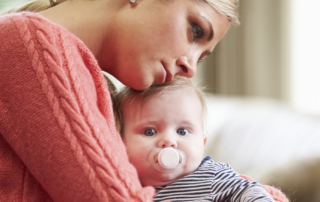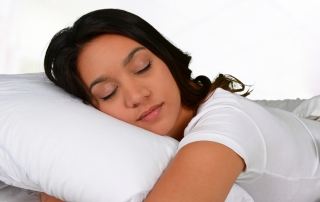Post Traumatic Stress Disorder and Pregnancy
Understanding posttraumatic stress disorder (PTSD) during pregnancy is important given that PTSD is relatively common and persistent in nature. PTSD will occur in approximately 10% of women in their lifetime, with one-third of episodes lasting more than five years. Given the relatively high prevalence of PTSD in young women and the chronic nature of the illness, many women may experience PTSD symptoms during pregnancy.






